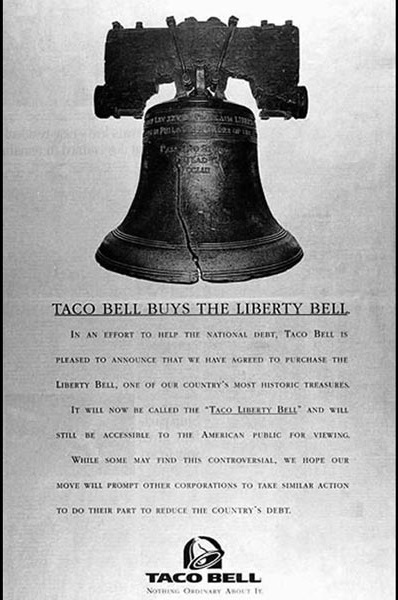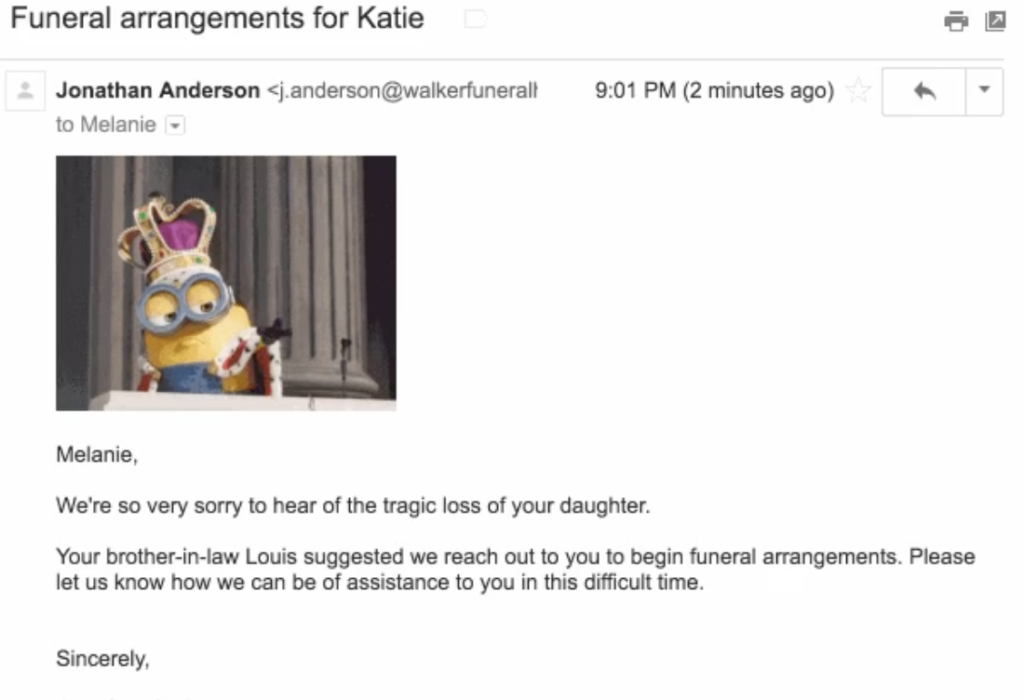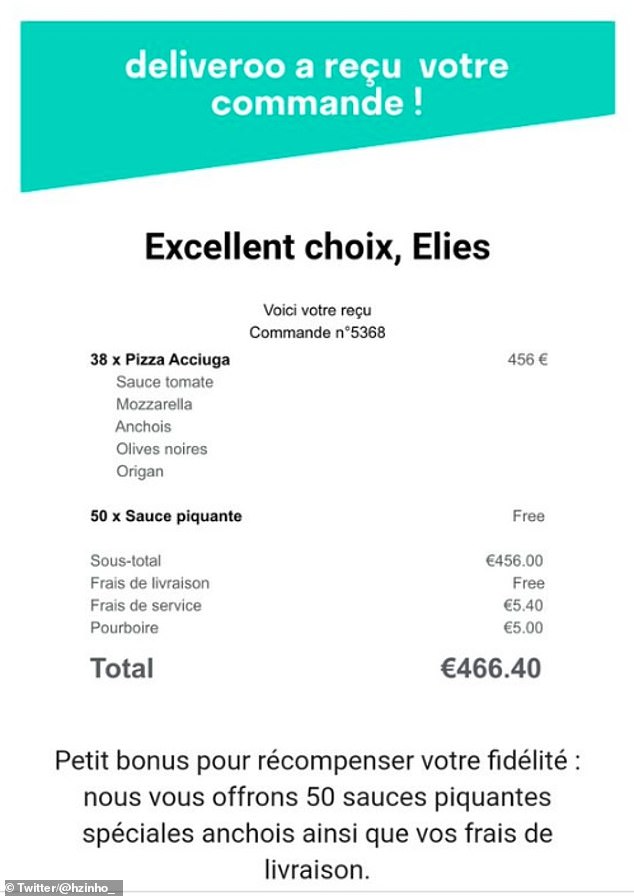
April Fool’s Day always provides a great bit of light-hearted fun at the start of spring. Whether we spend it pranking our friends and family or just browsing some of the best jokes that are shared online, it’s a celebration that almost always puts a smile on our faces.
These days, brands often like to get in on the joke themselves. McDonald’s milkshake dips, Paypal’s money printer and Robinsons dying Centre Court purple are all examples of branded jokes that actually made great PR campaigns.
However, pranking the public doesn’t always go well. In fact, some are so badly thought through that they end up being less like an April fools and more like an April faux pas. That’s why for this April Fool’s Day, we’ve looked back at five April Fool’s Day campaigns that turned into PR nightmares.
Taco Bell
As you’d imagine, the Liberty Bell is a historical artefact that means quite a lot to Americans (you already know where this is going). So, when The Philadelphia Inquirer published an article titled “Taco Bell Buys the Liberty Bell” back in 1996, readers were aptly infuriated.
The stunt went viral for all the wrong reasons (before going viral was even a thing), with many locals contacting radio stations to express their unhinged fury. Eventually though, Taco Bell made good on the prank by donating $50k towards the bell’s preservation and upkeep.

Volkswagen
When a brand already has a bad reputation for deception, April fools is a celebration it should perhaps steer away from. This is a lesson carmaker Volkswagen learnt in 2021 when its American division claimed to be changing its name to “Voltswagen” to represent its commitment to EVs.
However, the name change was leaked to the media early, leading many to believe it was legit. In fact, the news even triggered a rise in the company’s stock price – which came crashing back down when it was revealed to be a joke. As a result, the prank put VW at risk of legal action due to potentially misleading investors.
The blunder was compounded when many compared it to the brand’s diesel emissions scandal from 2015 when it admitted to using software that allowed its cars to cheat emissions tests.

As a business that works with Google on the daily, this one hits particularly close to home.
In 2016, the tech giant briefly introduced a “mic-drop” feature to its Gmail platform – a version of the send button that would add a gif of a Minion character dropping a microphone to the end of emails. On top of that, the feature would block the user from receiving any further replies to the email chain so that they could “have the last word”.
As you can imagine, this resulted in an avalanche of issues. Due to the button’s placement, users clicked it inadvertently and sent emails about serious issues with an unwanted gif. Many saw the gif added even when they’d clicked the normal send button and, of course, were unwillingly blocked from receiving replies. Upon realising the error’s impact, Google quickly apologised and turned off the feature.

Deliveroo
Food companies seem to be a magnet for bad April fools pranks, as Deliveroo also made a meal of things back in 2021.
In a mind-blowingly foolish move, the delivery firm sent users in France false confirmation emails for orders worth over €400. Obviously, the majority of recipients thought the bills were genuine, leading to floods of panicked users contacting customer service to complain. Many (unsurprisingly) vowed to boycott the company as a result.

Bier Company
The key to avoiding a prank-themed PR crisis is knowing when a joke goes too far. Often, this line is when money gets involved. A couple of years ago, Bier Company tricked its customers into believing they’d won a “black card”, essentially giving them eight cans of beer for free every month – for a lifetime.
They were sent emails saying they could claim the prize via the code “SLOOFLIRPA” (admittedly, they should’ve spotted this) when signing up for a Bier Club subscription. In actuality, they’d only receive one month for free before being charged £22.95 per month and would lose their free month if they cancelled their subscription. The ASA received 40 complaints about the stunt within a matter of hours.

Read more
To read more SEO and digital marketing posts, head over to the It Works blog. Alternatively, if you need support creating crisis-free digital PR campaigns, contact our team of specialists, today.

